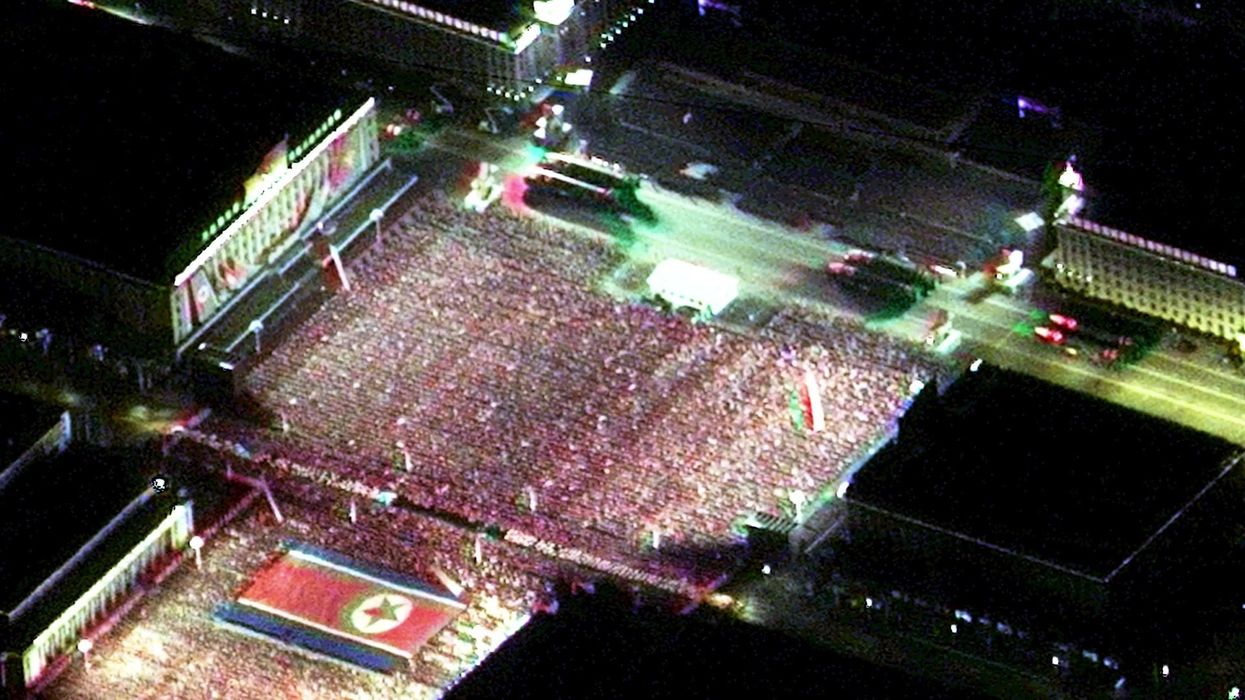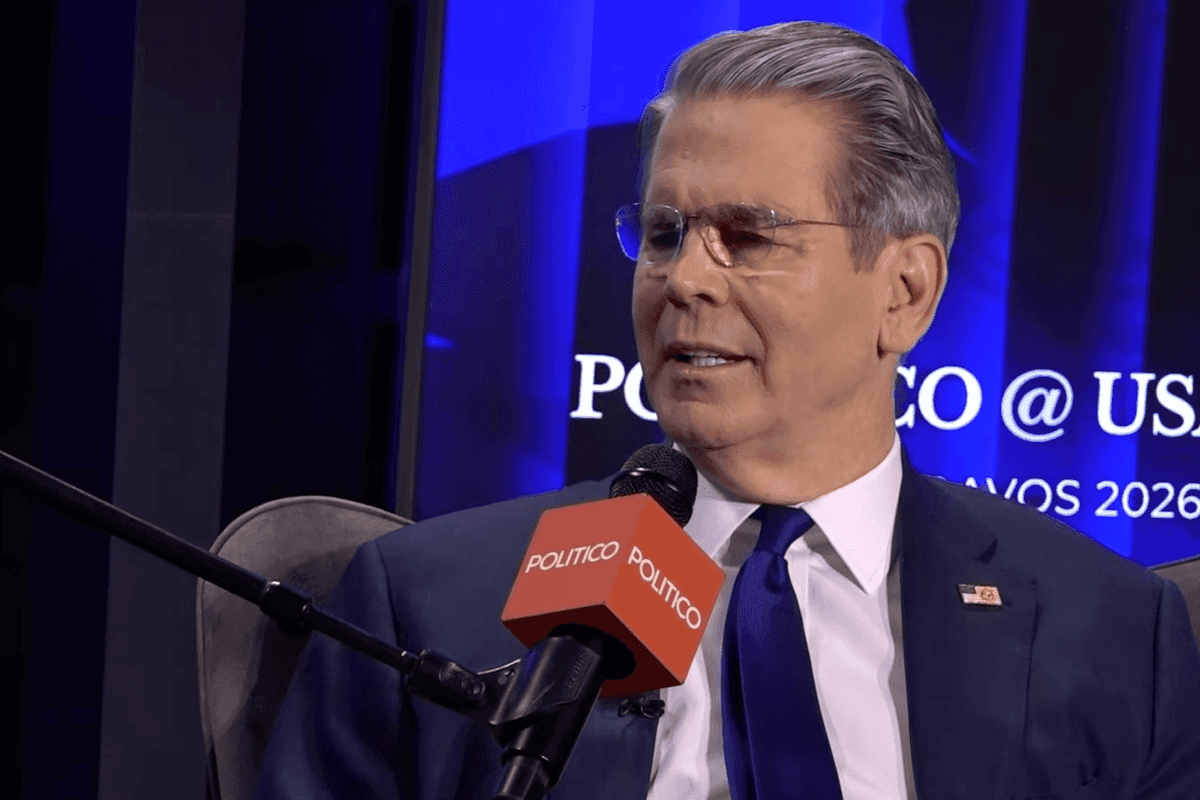Ellie Abraham
Feb 16, 2023
North Korea shows off nuclear capabilities in Pyongyang military parade
content.jwplatform.com
Results of a concerning survey published by the University of Cambridge have suggested that members of the public aren't as concerned as they should be about the threat of nuclear weapons.
Despite what we think we know, scientists have discovered that society as a whole has a dangerously low understanding of the threat that a real nuclear winter would actually pose to humanity.
A new survey from the University of Cambridge’s Centre for the Study of Existential Risks (CSER) revealed that the UK and US public are woefully oblivious to the effects of nuclear weapons.
Were a nuclear war to break out between two or more states, the sun would be blocked for decades by debris and soot churned into the atmosphere, causing Earth to go into a nuclear winter.
Widespread crop failure and famine would ensue, in addition to the large radioactive ramifications that would impact animals and humans.
Sign up to our new free Indy100 weekly newsletter
Concluded on 25 January, the CSER survey asked 3,000 participants to judge their knowledge of a “nuclear winter” and found that our understanding is at its lowest since the Cold War.
Participants were asked whether their knowledge came from popular culture, academic research or beliefs stemming from the 80s, with the latter comprising most of our knowledge.
Relating the survey to current-day events, participants were also presented with fictional media reports that said Russia had used nuclear weapons against Ukraine, and vice versa. Their appetite for retaliation by the West was measured and found that less than one in five people approved of nuclear retaliation, but that men were more likely than women to support it.
Interestingly, those who were shown an infographic depicting what a nuclear winter would look like in a war between the US and Russia, including the estimate that over five billion people would die, were less likely to support nuclear retaliation than those who were not shown the infographic. Among the US participants, it was 16 per cent lower and 13 per cent lower in the UK.
Paul Ingram, CSER senior research associate, said: “Ideas of nuclear winter are predominantly a lingering cultural memory, as if it is the stuff of history, rather than a horribly contemporary risk.
“Of course it is distressing to consider large-scale catastrophes, but decisions need to account for all potential consequences, to minimise the risk.”
Have your say in our news democracy. Click the upvote icon at the top of the page to help raise this article through the indy100 rankings.
Top 100
The Conversation (0)














